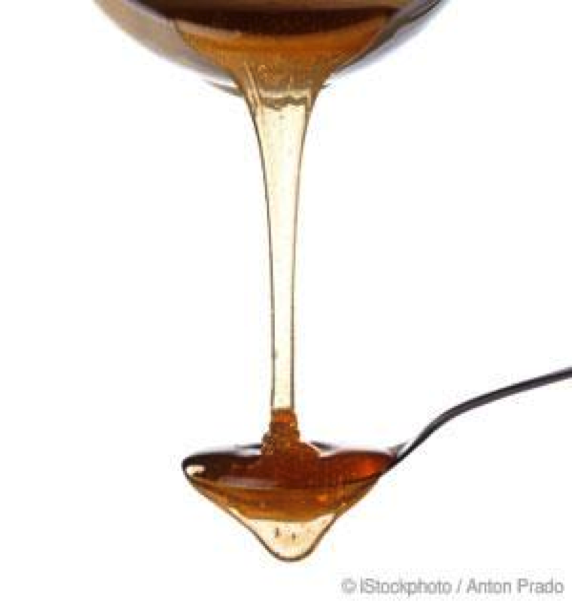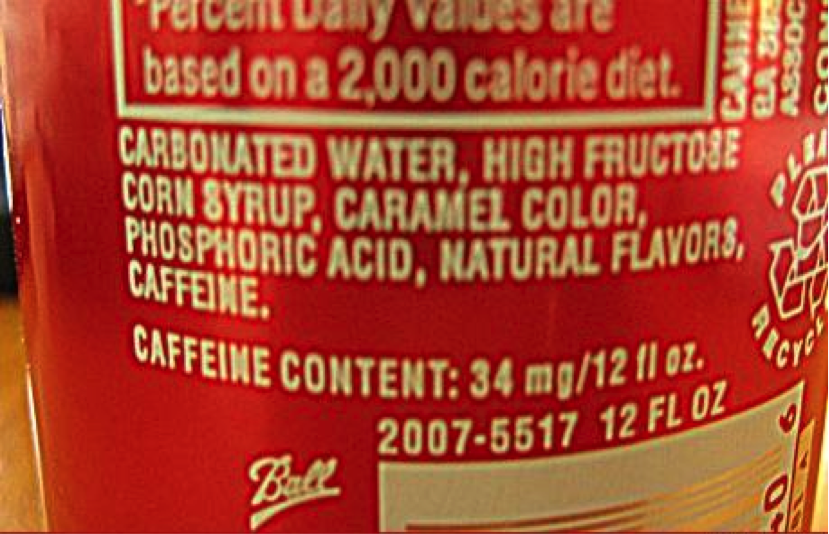It wasn’t too long ago that we discussed the dangers of refined sugar and other sweeteners. In case you missed it, the key takeaway was that in large amounts, sugars are nearly as destructive to your body as chronic alcohol use.
The liver is damaged as it tries to keep up with the typical American’s habitual consumption of sweeteners used in everything from soda to yogurt to canned soups. Of course, this is only one of the unhealthy side effects commonly associated with excessive sugar consumption. Heart disease, obesity and a slew of other health problems can also occur.
The American Heart Association recommends that adult women only consume 6 teaspoons of added sugar per day. Men can safely consume 9 teaspoons per day. Guess how many teaspoons of added sugar are in a single 20 oz bottle of soda? About 23!
The average American consumes close to 400 calories of added sugars every day. Just to burn off those calories, you need to walk for 1 1/2 hours or jog for 45 minutes. Many of us probably don’t get that much exercise whether we are consuming the sugars or not. OK – so sugar is bad for us…what’s the point?
There is a battle going on right now for our health. Politicians, lobbyists and corporations are literally fighting over their right to sell us unhealthy products. We are fighting an uphill battle against epidemic obesity while corporations invested in the sugar and corn syrup markets do not care about the negative health implications associated with these popular sweeteners.
They have even gone so far as to try relabeling some products that have gained a bad reputation; especially high fructose corn syrup.
High fructose corn syrup is a popular added sugar because it is much less expensive than refined white sugar. Why? The government provides subsidies to corn farmers while restricting sugar. Once again, we have fallen victim to political posturing aimed at furthering corporate greed at the expense of our health.
The latest move by corn syrup refineries is to convince the FDA to relabel corn syrup as corn sugar. Thus far, the move has been unsuccessful because the FDA classifies sugar as a powder. Unfortunately, corn syrup manufacturers simply need to dry the corn syrup into a powder and they will likely get the designation they seek from the FDA.
At the same time, sugar manufacturers have launched an expensive lobbying campaign to keep corn syrup from directly competing in markets that have been traditionally controlled by the sugar industry.
This demonstrates corporate America’s inability to consider the health of its own customers. Is rebranding corn syrup as sugar only the beginning? Most likely.
Right now, there are companies selling products (you may have some of these in your home already) that put a label on the front claiming that their products do not use high-fructose corn syrup. It may say “No HFCS” or something similar. Unfortunately, the first ingredient in the product is often corn syrup. They have ditched the high-fructose part, but it’s still the same product.
I don’t know about you, but I don’t like being lied to by anyone – let alone a company that I have trusted by purchasing and consuming its products.
Many of us have gotten into the habit of looking at product labels before making a purchasing decision.
This is great – assuming the company selling the product is being honest. Although the FDA has certain requirements surrounding product ingredient labels, added sugars do not have to be disclosed by law at this time. Of course, companies would rather mislead us by not including this information…an unfortunate reality in a time when we expect transparency in every industry.
We have seen it all before: tobacco and pharmaceutical companies make a profit by lying to us. The food industry isn’t any different. Corporate greed has taken over and it can be extremely difficult to know what’s safe and what isn’t. Even the “organic” label has come under scrutiny as many companies do not disclose the entire production process.
What can we do?
First, we know that sugar and corn syrup are both bad for us. We need to start limiting our intake of these substances whenever possible.
More importantly, we need to stop assuming that the product labels on our food are accurate. The events played out by these companies (and the FDA) prove that we cannot trust manufacturers – even when it comes to food. If we cannot depend on the government or corporations to protect us, we must take matters into our own hands.
Although everyone is entitled to their own methods, I do not buy food in the store if at all possible. If I do, I purchase the raw ingredients only. I would rather spend the extra hour in the kitchen than save time and consume misrepresented products unknowingly. Growing our food is an even better solution that allows for complete control of the nutrients we consume.
Don’t get me wrong – I realize that none of us live in a bubble. The goal (at this point) shouldn’t be to eliminate corn syrup and refined sugar from our diets. Armed with an understanding of this new threat, we can at least become more skeptical of store-bought foods and avoid them when possible.
As food transparency becomes a mainstream demand, we can expect more accountability from food producers and even the FDA (well…we can hope anyway). Remember the article we did about food transparency and companies like Gulf Wild (http://www.resilientcommunities.com/
this-changes-how-we-track-our-food-sources/)? This is what we should expect from all food manufacturers/producers in the future.
And until that day comes…please remain vigilant and remember that food safety is no longer assumed; we must actively seek it to protect ourselves from substances created for profit – not nutritional value.




